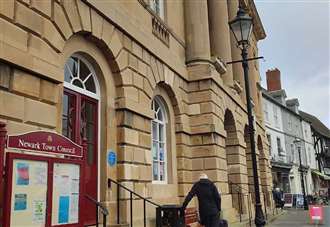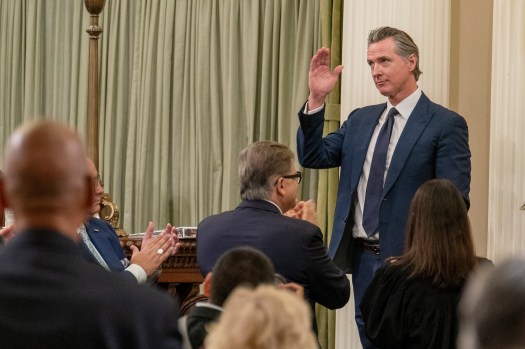California Governor Gavin Newsom has completed his review of the legislative session, signing a total of 794 bills and vetoing 123 as of the October 12 deadline. His decisions have sparked debate, particularly as he navigates national public perceptions in light of a potential presidential campaign.
One of the most discussed vetoes involved five bills related to reparations that aimed to prioritize descendants of enslaved individuals in areas such as university admissions and state loan programs. These measures were designed to circumvent California’s prohibition on racial quotas but were seen by Newsom as legally questionable. As reported by KQED, the governor’s veto reflects a cautious approach to contentious social issues.
In a notable move, Newsom also vetoed Senate Bill 771, which sought to create civil actions against social media platforms for violations of civil rights and hate crime laws. The bill would have stripped large companies of their publisher status, a move that could have triggered extensive legal challenges regarding free speech. The decision to reject this bill may also align with Newsom’s need for political support from major tech firms.
Despite these vetoes, the governor has pushed for stricter gun control measures. He signed Assembly Bill 1127, which bans the sale of new Glock handguns equipped with a switch that can convert them into automatic weapons. This decision is expected to ignite legal battles over the Second Amendment, as it targets a specific manufacturer’s design.
Additionally, Newsom approved various laws that have raised eyebrows, including a ban on sweepstakes-style online games, a measure seen as favoring tribal gaming interests. He also endorsed a measure allowing Bay Area transit agencies to propose new sales taxes, despite ongoing financial struggles within the transit system.
On a more practical note, the governor signed Assembly Bill 435, which imposes new requirements for children’s seat belt use in vehicles. This law may lead to confusion among parents and potentially costly traffic citations as they navigate the new regulations.
In a significant development for housing, Senate Bill 79 facilitates the construction of high-density apartments and condominiums near transit stops across eight counties. This deregulatory measure addresses the ongoing housing crisis by promoting urban development in strategically located areas.
Political analyst Chris Micheli noted that the governor’s extensive legislative activity has resulted in a substantial number of new laws, though many may not resonate positively with the public. As the state reflects on these decisions, it remains to be seen how they will impact Newsom’s political standing and potential aspirations for higher office.
Ultimately, California voters will have the final say on whether these legislative choices will affect the governor’s political future.








































































